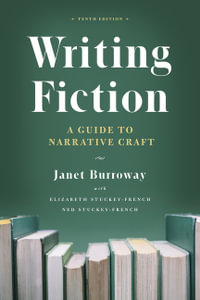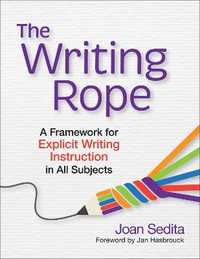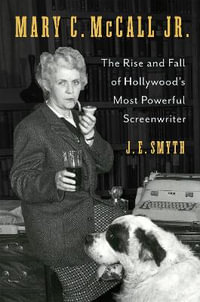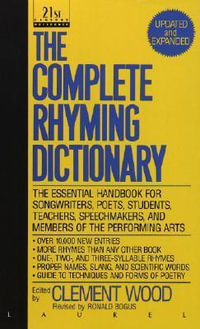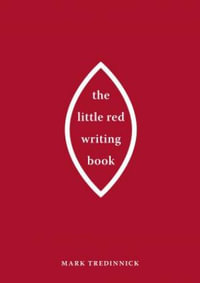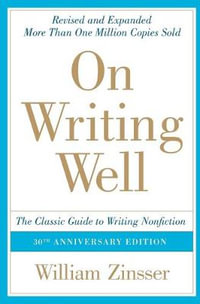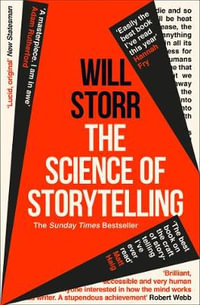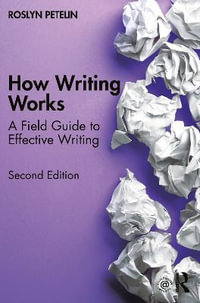Rhetoric and composition theory has shown a renewed interest in sophistic countertraditions, as seen in the work of such "postphilosophers" as Jacques Derrida, Michel Foucault, and Helene Cixous, and of such rhetoricians as Susan Jarratt and Steven Mailloux. As D. Diane Davis traces today's theoretical interest to those countertraditions, she also sets her sights beyond them. Davis takes a "third sophistics" approach, one that focuses on the play of language that perpetually disrupts the "either/or" binary construction of dialectic. She concentrates on the nonsequential third--excess--that overflows language's dichotomies. In this work, laughter operates as a trope for disruption or breaking up, which is, from Davis's perspective, a joyfully destructive shattering of our confining conceptual frameworks.
Industry Reviews
" D. Diane Davis has written a performative book at the end of the old and the beginning of the new millennium. It's a transitional, yet disruptive book about thinking-writing, theorizing(seeing)-writing, and learning(teaching)- writing. It's a book that hacks into and recodes the cultures of writing by perpetually deterritorializing writing theories and pedagogies. If you read no other book in the next millennium, you must read this book! For if you do not, you will remain in whatever previous century you last thought in and by way of." -- Victor J. Vitanza, editor of "Writing Histories of Rhetoric" "D. Diane Davis has written a performative book at the end of the old and the beginning of the new millennium. It's a transitional, yet disruptive book about thinking-writing, theorizing(seeing)-writing, and learning(teaching)- writing. It's a book that hacks into and recodes the cultures of writing by perpetually deterritorializing writing theories and pedagogies. If you read no other book in the next millennium, you must read this book! For if you do not, you will remain in whatever previous century you last thought in and by way of."--Victor J. Vitanza, editor of "Writing Histories of Rhetoric" D. Diane Davis has written a performative book at the end of the old and the beginning of the new millennium. It's a transitional, yet disruptive book about thinking-writing, theorizing(seeing)-writing, and learning(teaching)- writing. It's a book that hacks into and recodes the cultures of writing by perpetually deterritorializing writing theories and pedagogies. If you read no other book in the next millennium, you must read this book! For if you do not, you will remain in whatever previous century you last thought in and by way of. Victor J. Vitanza, editor of "Writing Histories of Rhetoric""

